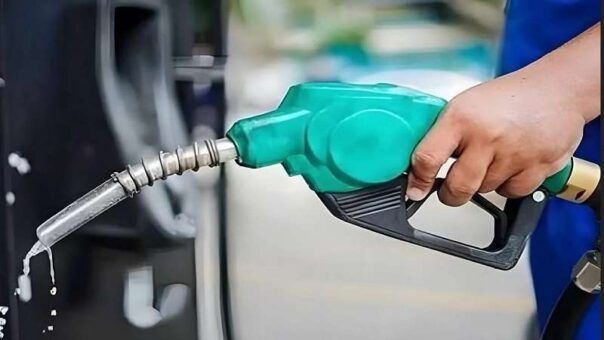The collection of petroleum levy in Pakistan has soared by 189 percent to Rs362.48 billion during first nine months (July – March) 2022-2023 as compared with Rs125.56 billion in corresponding months of the last fiscal year, official data revealed.
Petroleum products are a crucial component of Pakistan’s economy, and the collection of petroleum levy is one of the major sources of non-tax revenue for the government. The petroleum levy is imposed on various petroleum products, including gasoline, diesel, and liquefied petroleum gas (LPG). In this article, we will discuss the petroleum levy in Pakistan, its significance, and its impact on the economy.
The petroleum levy in Pakistan was first introduced in 2010 as a means of generating revenue for the government. The government imposed a levy on petroleum products, which resulted in an increase in petroleum prices. Over the years, the petroleum levy has become a significant source of revenue for the government.
However, the imposition of the petroleum levy has had a significant impact on consumers. The increase in petroleum prices resulting from the imposition of the levy on petroleum products has resulted in a burden on consumers who have to bear the brunt of high petroleum prices. This has also contributed to inflation and a rise in the cost of living for many Pakistanis. Additionally, the increase in petroleum prices has also led to an increase in transportation costs, which has had an adverse impact on many businesses that rely on transportation.
Furthermore, the collection of petroleum levy in Pakistan is subject to fluctuations due to various factors such as changes in the international market, fluctuations in the exchange rate, and changes in global oil prices. As a result, the government has set a target of Rs855 billion under this head to meet the conditions set by the International Monetary Fund (IMF).
In conclusion, the petroleum levy is a crucial source of non-tax revenue for the government in Pakistan, but its imposition has had a significant impact on consumers. While the government needs to generate revenue to fund development projects, it is important for the government to strike a balance between generating revenue and providing relief to consumers.
The government must consider measures to mitigate the impact of high petroleum prices on consumers, such as reducing the levy on petroleum products, implementing measures to increase the efficiency of the petroleum sector, and promoting the use of alternative energy sources.
READ MORE: Pakistan announces updated petroleum prices for first fortnight of May 2023
